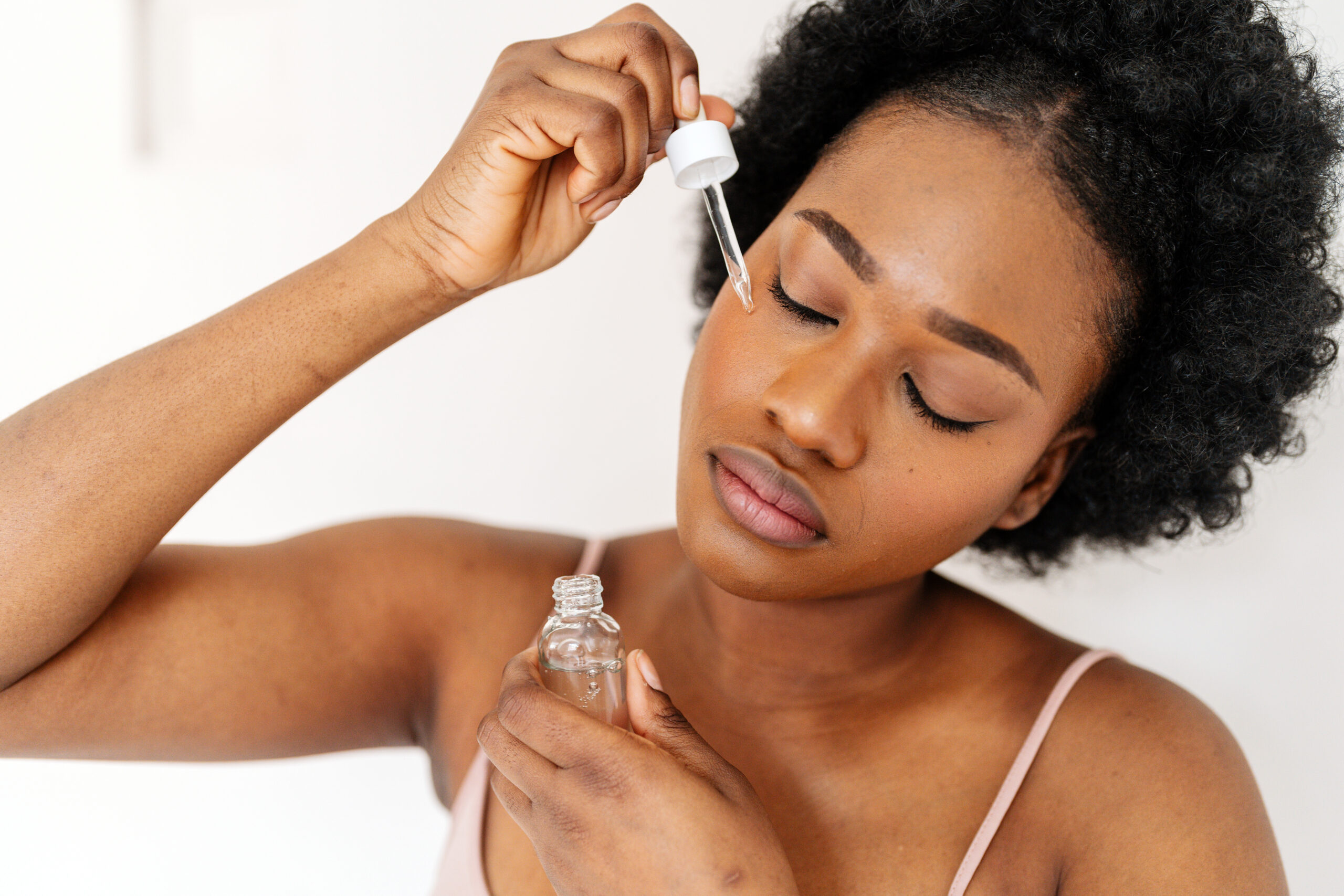When it comes to achieving radiant, youthful skin, vitamin A derivatives like retinal and retinol are the gold standard. These powerhouse ingredients target everything from fine lines and wrinkles to hyperpigmentation and uneven skin texture. But which one should you reach for in your quest for glowing, healthy skin? The answer isn’t always straightforward.
Retinal vs. Retinol: The Basics
Retinal (retinaldehyde) and retinol are both derived from vitamin A, but their journey to becoming active in your skin sets them apart.
“Retinol is converted into retinaldehyde and then into retinoic acid, which is the active form that stimulates collagen production, cell turnover, and skin renewal,” explains dermatologist Dr. Hannah Kopelman. “Retinal, on the other hand, only requires one conversion step to become retinoic acid, which makes it faster-acting and more effective than retinol.”
This difference in processing means that retinal works more quickly to address issues like fine lines, wrinkles, and hyperpigmentation. If you’re looking for faster results, retinal might be the better choice.
According to Dr. Kopelman, retinal’s increased potency often translates into quicker improvements in skin texture, pigmentation, and wrinkles. However, this comes with a caveat.
“Because it’s more potent, it can also be slightly more irritating, especially for sensitive skin,” she explained.
Retinol, being gentler, is a great starting point for those new to vitamin A derivatives or with more reactive skin.
Which Skin Type Benefits Most?
Your skin type and skincare goals can guide your decision between retinal and retinol.
“Retinal is ideal for individuals with more resilient or mature skin who are looking for faster results and are accustomed to using active ingredients,” Dr. Kopelman said.
It’s particularly effective for stubborn hyperpigmentation and deeper wrinkles.
On the flip side, retinol’s gentler nature makes it suitable for beginners, those with sensitive skin, or anyone dealing with milder concerns like uneven texture or light sun damage.
For Black women and those with melanin-rich skin, incorporating these ingredients requires extra care to avoid irritation and prevent hyperpigmentation. Dr. Kopelman emphasizes the importance of starting slow.
“Begin with a low concentration of either ingredient and use it every third night initially to allow your skin to adjust,” she advised.
Hydration is a must, so pairing retinal or retinol with a rich moisturizer can help minimize dryness or irritation. And don’t skip sunscreen.
“Daily sunscreen use is crucial because these ingredients can make the skin more photosensitive. Any irritation or sun exposure can trigger post-inflammatory hyperpigmentation in melanin-rich skin,” she noted.
Navigating the Adjustment Phase of Retinal vs. Retinol
The adjustment phase, often called “retinization,” can be daunting, but a gradual approach helps minimize discomfort.
“For beginners, I recommend starting with a pea-sized amount of product applied at night, every two or three nights,” advised Dr. Kopelman.
Follow with a moisturizer to buffer the drying effects and soothe any redness or peeling. If irritation persists, scale back and incorporate calming ingredients like hyaluronic acid or ceramides into your routine.
For areas prone to hyperpigmentation, like around the mouth or on dark spots, Dr. Kopelman suggests caution.
“Apply a thin layer and buffer with moisturizer if needed. Spot-test these areas before applying to the entire face,” she shared.
Once again, sunscreen is non-negotiable. Even minimal unprotected sun exposure can worsen pigmentation issues, especially when using active ingredients.
Whether you choose retinal or retinol, consistency is key to achieving results. For those with sensitive skin or just starting their skincare journey, retinol provides a gentle yet effective introduction to vitamin A. But if you’re ready for a more potent solution and faster results, retinal may be worth exploring, just be mindful of your skin’s tolerance.
Ultimately, the best choice is one that fits your skin’s unique needs and your lifestyle. With the right approach, either ingredient can help you achieve your skincare goals while keeping your melanin-rich complexion glowing and healthy.
